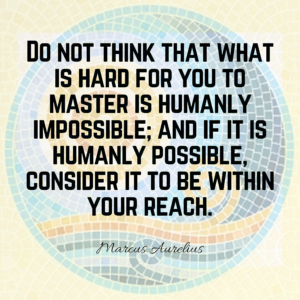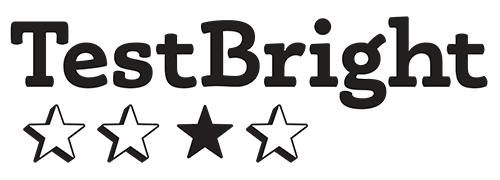 So, I recently made a promise to myself, really more of a sacred vow. I’ve committed to learning something personally meaningful yet difficult to master. The actual skill I’m tackling isn’t relevant to this conversation, but the ongoing conversation this newsletter entails absolutely pertains to my willingness to recommit to a process I’ve only ever failed at.
So, I recently made a promise to myself, really more of a sacred vow. I’ve committed to learning something personally meaningful yet difficult to master. The actual skill I’m tackling isn’t relevant to this conversation, but the ongoing conversation this newsletter entails absolutely pertains to my willingness to recommit to a process I’ve only ever failed at.
Everyday, tutors embrace the idea that students who want to learn can learn. Curiosity, through some mystical alchemy of expert coaching and deliberate practice, becomes transmuted into competency. With the right inputs and effort, anybody can, in theory, learn essentially anything and everything. Why else, when yet another student claims that he cannot possibly learn geometry or punctuation rules, do we express supreme confidence that this time will be different. If you are ready to learn, you can learn–especially with a great tutor by your side.
Yet, I’ve failed to apply this magic formula to myself in certain instances. Physician, heal thyself, amirite? Mastering new skills has always been fun, but certain domains have seemed tantalizingly out of reach. Doesn’t that sound like a lot of learners, sticking to the safer and easier areas?
So what changed my mind, after decades of stubborn acceptance that certain skills might forever lie beyond my capabilities? The great Marcus Aurelius dropped some knowledge:
“Do not think that what is hard for you to master is humanly impossible; and if it is humanly possible, consider it to be within your reach.”
This concept seems so simple, certain, and consistent with the work we do everyday. Difficulty does not equate to impossibility, and, if someone else can do it, you can too.
Tutors strive to master the tools of teaching and harness the laws of learning. Paradoxically, the better we get at teaching, the harder it can be to connect with the beginner’s mind, even though forgetting the feelings of failure and frustration that attend true learning distances you from your students and their experiences. What better way to put yourself in your students’ proverbial shoes than to embark or accelerate your own journey of mastery? I’ve already begun my own, hoping dearly that old Aurelius is right.
If it is humanly possible, consider it to be within your reach.
— Mike Bergin
Tutor Tips, Tools, and Thoughts
Using a strengths-based approach to help students realize their potential
Could a strengths-based approach work in tutoring?
Brain Architecture
Check out the graph tracking the brain’s ability to change against the amount of effort such change requires.
Ivy League expert: Brainstorming doesn’t work—how to find new ideas
Try “independent thought” instead.
The Broken Lives Behind the Illustrative Math Word Problems
Math tutors will appreciate this snarky take on word problems.
Leave One, Add One classroom activity
Enjoy this creative retrieval practice exercise for group settings.
Did you enjoy this issue of Tutor: The Newsletter? Get the next issue right in your inbox by subscribing below–only subscribers get the Tutor Classifieds:
